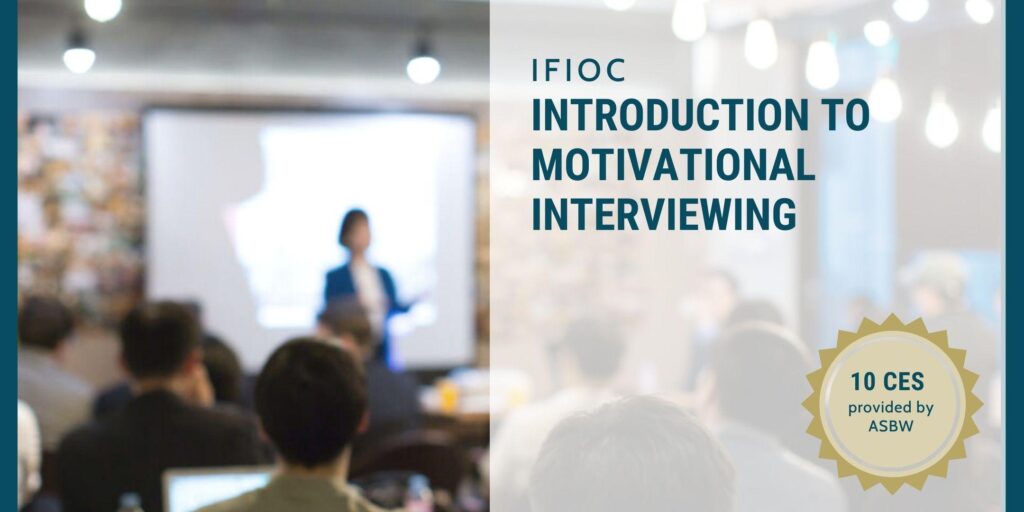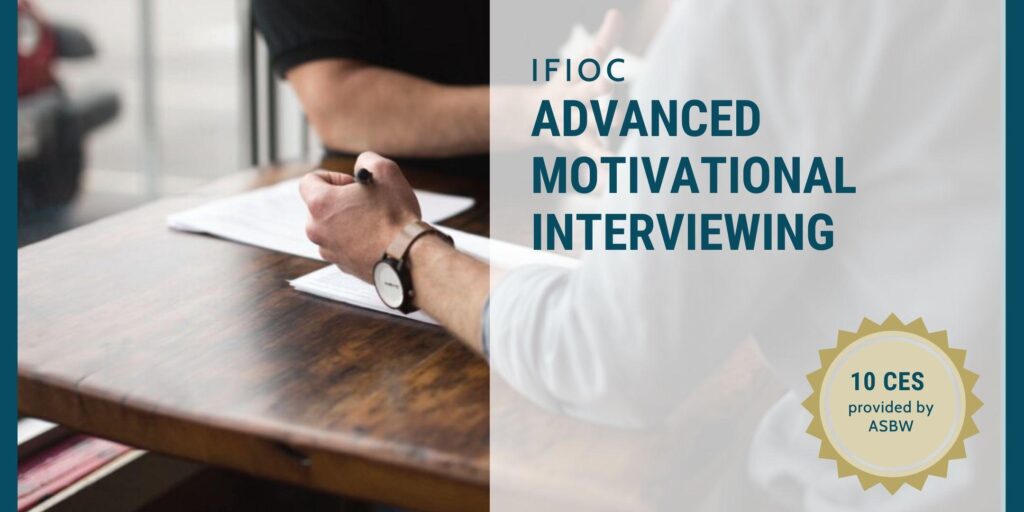When you think of communication, what comes to mind? Communicating what’s in your head? What if there was a different approach to communication?
Check out this months blog and read more about it!
Have you ever wondered if what your communicating is landing with the other person? Ever thought about the other persons perspective during a conversation? Do they feel engaged? Are they feeling listened to?
So often many of us think about communication as what we say or do. What if skillful communication, wasn’t so much about what we are saying or doing, but more so about what the other person is saying or doing? A counter-intuitive approach to what communication is right?
Person centered counseling, a communication method created by psychologist Carl Rogers found that if you can create a safe, non-judgmental space for someone to hear their own thoughts and explore their own feelings, the individual will walk away feeling heard and understood and focused on what they want. This is a skillful communication method that focus’s less on what is in your head, and more on what is in the other persons head.
What if we lived in a world where instead of pushing our thoughts or beliefs on others, we listened? We focused less on what we have to say, and more on what others have to say. Less on our agenda, and more on whatever their agenda is, and what if people around you listened to you in that way? If this was our world, how peaceful would that feel?
Such an improvement over the annoyed, agitated and misunderstood feeling many of us get. Who else has thought recently, when talking to another person, “They just don’t get it!”
A world that is filled with individuals trying to understand your perspective, listening fully and putting their own agenda to the side.
You might be wondering, “How on earth would one communicate this way?” Well let’s take an example conversation between a junior high student and a teacher.
A Typical Conversation
Teacher: “You’ve got to turn in your homework assignment tomorrow if you ever want to go to college and be successful.”
Student: “I’m not sure if I want to go to college.”
Teacher: “Well you want to graduate, don’t you? You better complete the homework just to graduate.”
Student: “I do want to graduate, but I’ve got to help out at the store tonight and cook dinner for my siblings. I’m just not sure how I can fit it all in.”
Teacher: “Well you better get your priorities straight.”
What do you think of this interaction? Does it seem motivating or deflating for the student? Do they feel confident, heard and understood? Or pushed and overwhelmed and lost?
Let’s take another look at this using some Motivational Interviewing skills to help the student feel heard and understood, and to focus less on our agenda, but more on theirs.
A Different Way to communicate
Teacher: “Reminder, homework is due tomorrow.”
Student: “I’ve got to help out at the store tonight and cook dinner for my siblings, I’m just not sure how I can fit it all in.”
Teacher: “You wish you could do it all, that there were more hours in the day.”
Student: “Exactly, is there any way you can give me an extension?”
Teacher: “You know that all of the activities tonight are priorities, but your just not sure how to get all of them done. You don’t want to let anyone down, which is why you’re looking for a way to do it all.”
Student: “Yep, can you help at all?”
Teacher: “Well, let’s talk through this a bit. How much time do you think it will take you to complete your homework?”
Student: “1 hour”
Teacher: “When are you working at the store tonight?”
Student: “From 4-7”
Teacher: “And how long will dinner take to prepare and serve?”
Student: “Maybe an hour?”
Teacher: “So talking through the evening, where do you think you could spare about 60 minutes to work on the homework?”
Student: “Well school ends at 3:20, I could stay till about 3:50 and get started on the homework, and then when dinner is done around 8, I could take 30 minutes to wrap up the homework. Thanks, that was really helpful!”
Strong communication skills are less about the agenda, thoughts or opinions we as individuals have, but more so about how we navigate conversations to help others to share their world view. When we understand another’s perspective first, we can then skillfully communicate by focusing less on our agenda, and more on their agenda.
This leaves those we speak with feeling positive, engaged, respected and eager to help.
Communication Challenge:
Recognize the natural reflex we all have to fix or solve another’s problem. Instead of jumping in with your solution that is in your brain, try asking them what options they see.
Over the next week, challenge yourself to recognize this impulse, as well as ask the other person what options they see.
Want more?
Make sure to check out our membership or one of our online classes! Introduction to Motivational Interviewing is a great place to start by learning the basics!










Leave a Reply